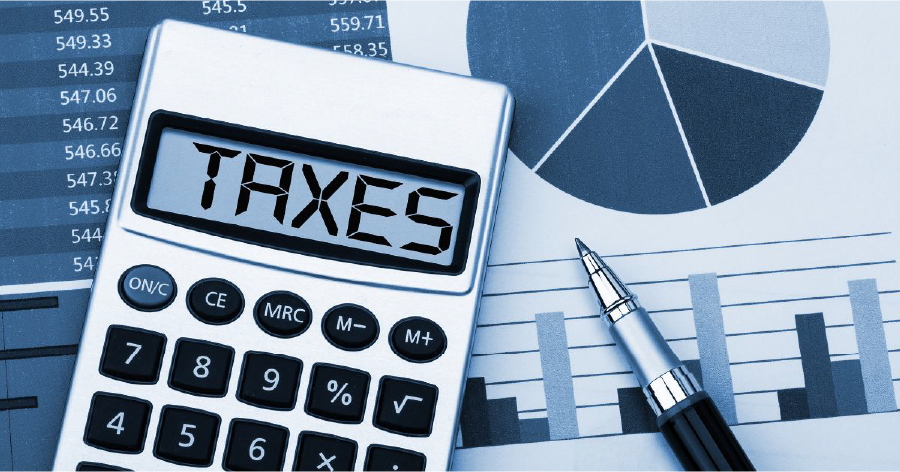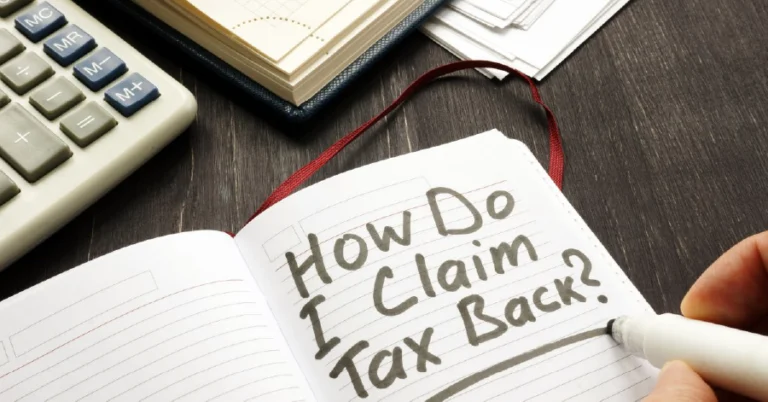As SARS rolls out its 2025 tax season, small business owners need to stay on top of new dates and requirements. SARS has confirmed that personal income tax filing opens on 7 July 2025, with auto-assessment notices sent from 7–20 July 2025 . Non-provisional taxpayers (those with only salary or investment income) must file by 20 October 2025, while provisional taxpayers (e.g. freelancers, rental owners, sole proprietors) have until 19 January 2026. (Trusts file between 19 Sept 2025 and 19 Jan 2026.) In other words, mark your calendar: July 21 is the first day to file, October 20 is the late deadline for most filings, and January 19 next year is the cut-off for any provisional returns. SARS is also making compliance easier: it will auto-populate returns based on employer, bank and medical data.
Auto-Assessments: What They Mean for You
SARS’s new auto-assessment system pre-fills your return using third-party data (like IRP5s, retirement and medical certificates) and issues an assessment if the information is complete. If SARS sends you an auto-assessed ITA34, you’ll get an SMS/email between 7–20 July 2025. If you agree with the pre-filled assessment, you need do nothing – SARS considers you compliant. But caution is needed. Auto-assessments can miss deductions or updated information, so experts warn not to blindly accept it. For example, your business may have claimable expenses (travel, home office, equipment, retirement annuities, etc.) or extra income (rentals, consulting) that aren’t in SARS’s data. If you accept an incorrect assessment, you are still liable for under-reported income and could face penalties. Instead, compare the auto-assessment to your records: if anything’s missing, eFile or use the MobiApp to file a full return with the additional details by the due date (20 Oct). In short, auto-assessment is convenient only if all your tax data is up to date – otherwise, file your own return to avoid overpaying tax or future penalties.
Common Filing Pitfalls to Avoid
Busy business owners often make avoidable mistakes when filing. SARS notes that missed deadlines and incorrect declarations are big problem areas. For example, under-estimating your income or forgetting to file on time means SARS may later raise an assessment (and a penalty) against you. Simple data entry errors (even including cents where only whole rand is needed) can lead to disputes. Leaving out a rental income, or not submitting supporting docs when requested, can also trigger penalties. In short, don’t procrastinate: file early, double-check figures, and be thorough. Key errors include not declaring all income, claiming non-allowable expenses, and using wrong forms. For SMEs this season, common red flags are incomplete IRP5/IT3(a) details, missing medical or investment certificates, and late provisional returns. By learning from these common mistakes, you can avoid last-minute hassles, penalties and disputes.
Short Tax-Season Checklist for Small Businesses
- Register and update your profile. Make sure your business is properly registered with SARS (and CIPC if you’re a company) and that you have an active eFiling account. Check that your contact and bank details are up to date – SARS now lets you select verified banking details on eFiling instead of retyping them. Plan ahead for any filings (e.g. VAT, PAYE, provisional tax) and set aside time.
- Gather your records. Collect all relevant tax documents: bank and credit-card statements, invoices and expense receipts, payroll and PAYE reports, investment certificates, and last year’s tax return. Reconcile your accounts (bank, inventory, debts/credits) so your financial statements reflect the full year. Accurate bookkeeping makes filing painless and ensures you claim all deductions.
- Review SARS data. Log into eFiling early and check the “Third Party Data Certificate” to view what SARS has on record. Compare IRP5s, IT3(b)s, and medical certificates against your files. If anything is incorrect (e.g. an old salary, or missing income), get it updated with the issuer. If you see that an auto-assessment is likely, consider whether to accept it or file a full return.
- Verify deadlines. Note that non-provisional returns are due 20 Oct 2025, while provisional returns (including sole proprietors, freelancers, landlords) must be done by 19 Jan 2026. Mark these in your calendar. If you receive an auto-assessment you plan to dispute, you also have to file by Oct 20 (unless you qualify for an extension). Filing late without a valid extension incurs monthly penalties, so don’t miss these cutoffs.
- File (or extend) as needed. When eFiling opens on 21 July, file your return (or second provisional) on time. If you can’t meet a deadline, immediately use eFiling to request an extension with a good reason. (SARS gives a 3-year window to apply for a late extension under certain circumstances.) By staying organized and ahead of deadlines, you’ll avoid costly fines.
Engaging a tax professional can make all this easier. Zaccheus Accountants understands the 2025 rules and can guide your filings. Need help? Visit Zaccheus Accountants at www.zaccheus.co.za to learn about our small-business tax services and book a consultation. Our team can answer your specific questions and help you file correctly and confidently this season!
Sources: Changes for 2025 Filing Season, Tax Season 2025: Opening Date & Deadlines, Filing Season for Individuals, What you need to know about SARS auto-assessments (ITA34s), How does Auto-Assessment work, SMME Connect #5 – May Edition, Tax Filing and Compliance Guide for SME’s, Get Your Business Ready for the end of the fiscal year, 2025 Fiscal Yar Guide for Small Businesses



